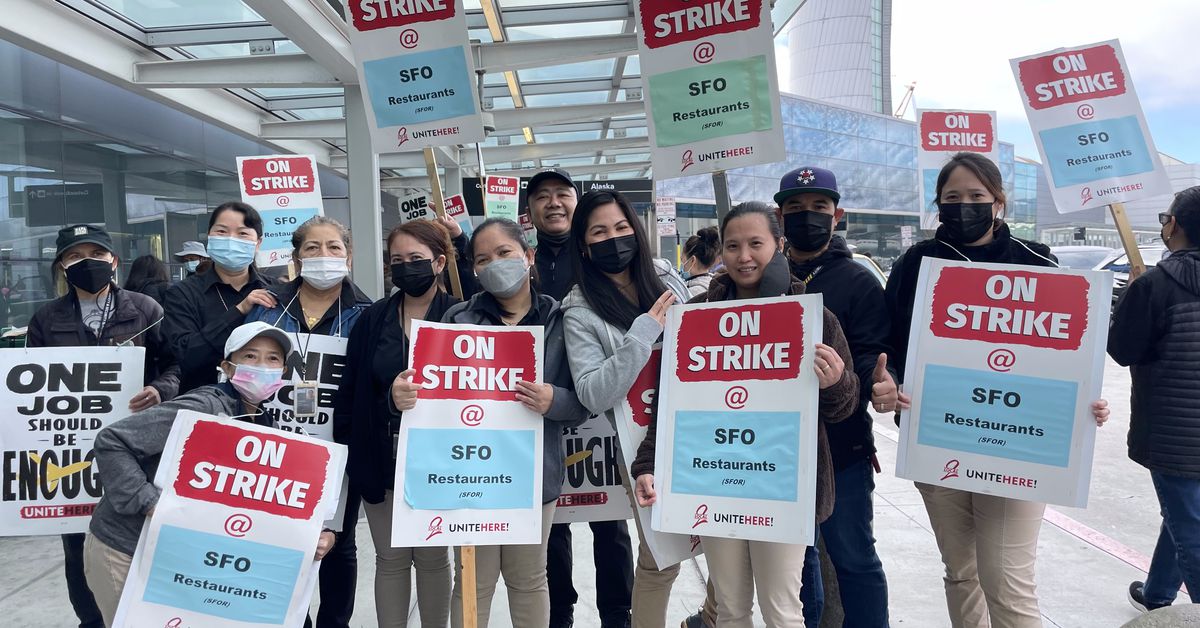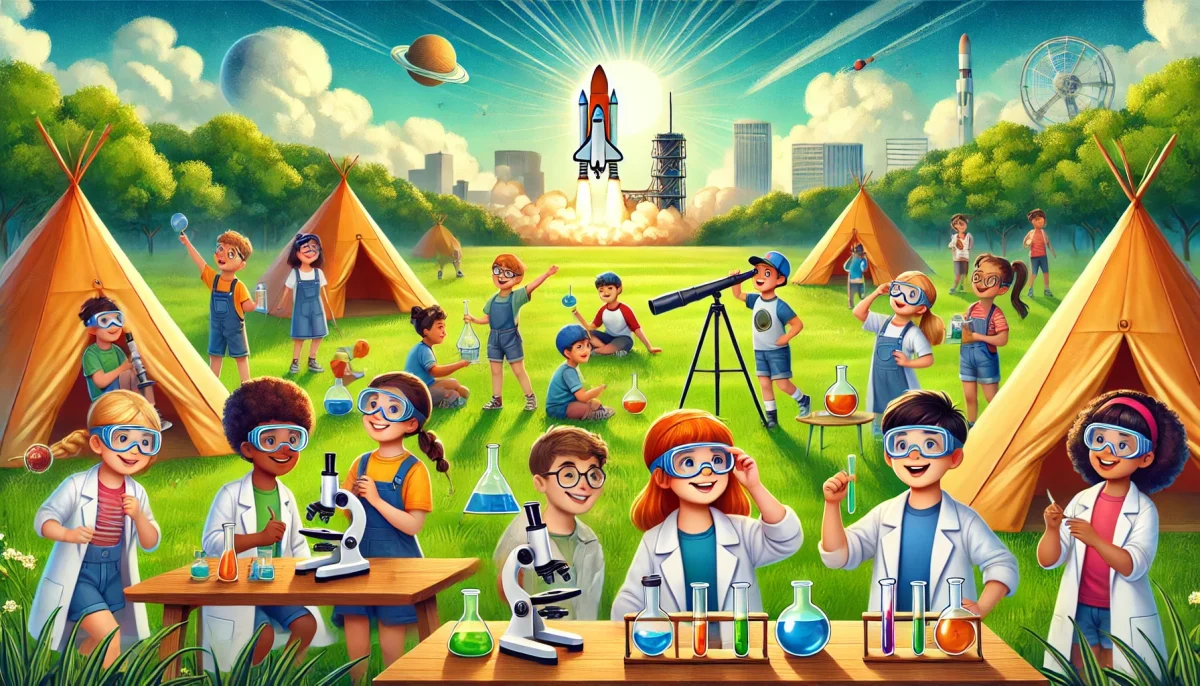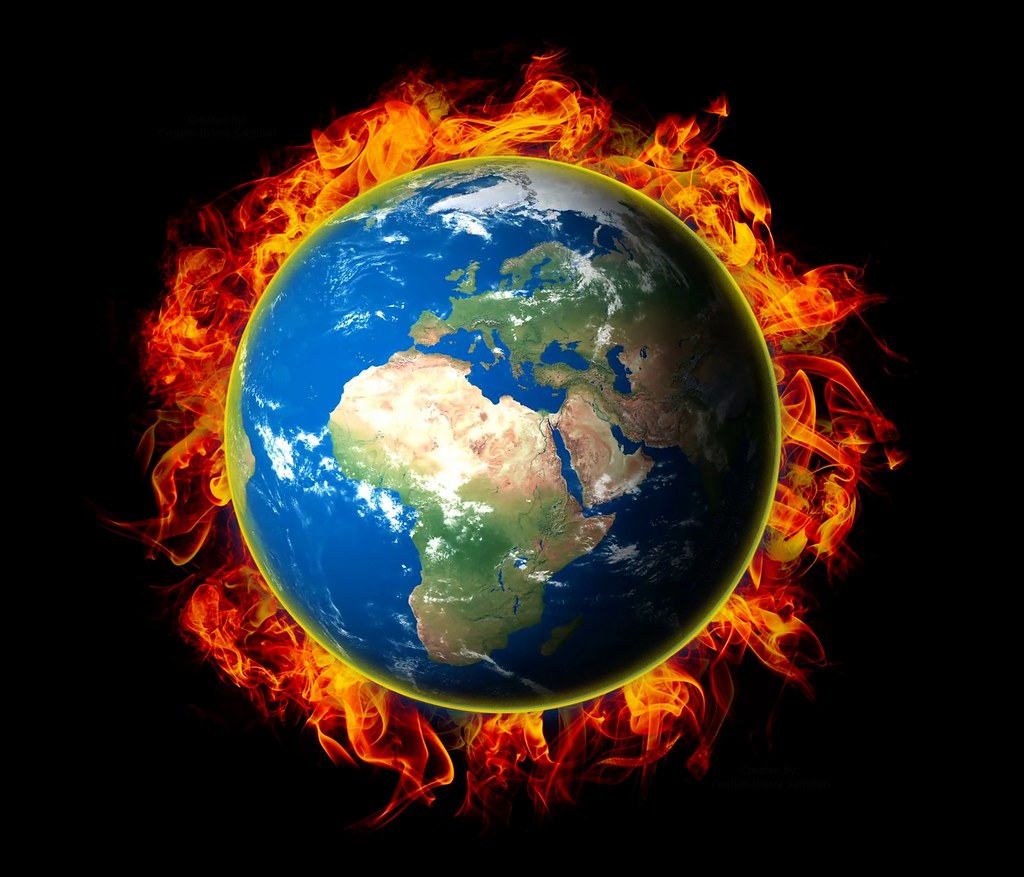Previously published May 24. 2022
Climate change is one of the biggest issues facing mankind. Climate change is facilitated by CO2, methane, and other harmful greenhouse gas emissions, with catastrophic effects around the world, like an increased frequency of wildfires, storms, hurricanes, tornadoes, etc. These greenhouse gas emissions can result in various weather phenomena, including melting glaciers, rising sea levels, and reduced water supply. Scientists have painted a picture of an environmental apocalypse for the planet’s future as a result of these climate change effects.
In “The Uninhabitable Earth: Life After Warming,” David Wallace-Wells, an American journalist famous for his writings on climate change, paints a frightening picture of the coming environmental apocalypse. Whole parts of the globe will become too hot for human habitation and those left behind will die of heat. Diseases will increase and mutate. Food shortages will become chronic as we fail to move agriculture from one climate to another. Whole countries like Bangladesh and parts of other countries like Miami will be underwater. Shortages of fresh water will affect humans and agriculture. The oceans and air will get dirtier.
One would think that everyone would be alarmed by such a unifying threat. However, Democrats and Republicans tend to have completely different views on climate change. Democrats think that the government isn’t doing enough and should do more to combat climate change, while Republicans believe that businesses and the economy should gain priority over climate change as “going green” would cause businesses to lose profit. Over time, climate change has become a partisan issue. In 1996, both Democrats and Republicans agreed that the effects of climate change had begun to be apparent but, over time, the gap in their views has gotten wider. In 2016, President Obama joined the Paris Agreement, which brought countries together to fight climate change. Just a year later, President Trump pulled the US out of the Paris Agreement after calling climate change a hoax. Now, President Biden wants to rejoin the Paris Agreement to demonstrate American leadership. Despite seeing undeniable evidence of changing weather patterns and increased frequency of wildfires, storms, hurricanes, and other natural disasters. In recent years, American people still refuse to recognize climate change as an important issue of concern. For instance, although 2017 was a year of 16 different billion-dollar natural disasters, according to the National Oceanic and Atmospheric Administration, the percentage of voters who were “very concerned” about climate change stayed within the 40% range–where it has been stuck for the past two years. When asked by Gallup to name “the most important problem facing the country today,” the majority of people answered, “Jobs and Economy” and “Healthcare,” while “Environment and Climate Change” only got 3% support from respondents. Not enough realize the extreme consequences of climate change. The main reason for the people’s ignorance to climate change and its catastrophic effects is conservative leadership which emphasizes business profits over the environment.
However, due to increased advocacy, increasing awareness of this issue and its impact has been brought forth. Media attention on the topic, national and international summits on climate change, and an increasing number of rallying celebrity voices are bringing the severity of the issue to light.
Climate Change is one of the biggest issues impacting both the Earth and humanity. We are doing a lot by using green products and services such as electric cars, and reducing our carbon footprint by using alternative energy sources. For instance, the US has kept greenhouse gas emissions constant since the 1990s, but we have to do more to help save our planet. There are several steps that we can take, both as individuals as well as a society. As individuals, we can be more conscious of consumption that increases carbon footprint, whether it is unnecessary air travel or buying food products that are produced from distant locations. As a society, we need to think of ways to make our cities and public infrastructure more green. The effects of climate change are inevitable, but it can be slowed down through focused work and collective action.














![Teacher [Milk] Tea: Part 2](https://bisvquill.com/wp-content/uploads/2024/03/Screen-Shot-2024-03-19-at-9.28.48-PM.png)
![Teacher [Milk] Tea: Part 1](https://bisvquill.com/wp-content/uploads/2024/03/milk-tea.png)


































